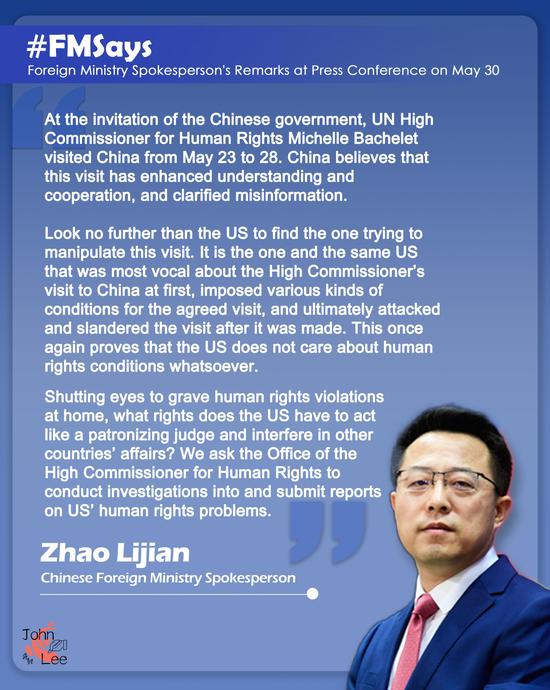
A staff member of the Bank of Communications Beijing Branch instructs a visitor to open a digital RMB wallet on a mobile phone, on June 16, 2021. (Photo/Xinhua)
Safeguarding cybersecurity is of great importance to the healthy development of China's digital economy and more efforts are needed to combat rising cyberattack risks that target critical information infrastructure and supply chains, industry experts and company executives said.
Their remarks came after China's Cybersecurity Law took effect five years ago, paving the way for the increasing relevance of digital technologies in people's work and life while protecting the development of China's cyberspace.
Data security has become a prerequisite for digital economic prowess, and countries worldwide are ramping up regulatory measures to better protect and use data assets, the experts said.
Du Guangda, deputy head of the Cybersecurity Administration at the Ministry of Industry and Information Technology, the nation's top industry regulator, said at a recent forum that data security has become an important part of national security, and more efforts are needed to bolster the ability to fight against data risks.
The regulator is drafting a guideline to promote the development of the data security industry, which will support the orderly opening and in-depth utilization of data, sources close to the ministry said.
Specifically, the guideline will underline aspects including developing core technology products, expanding data security services, constructing a system of industry standards, and strengthening international exchanges and cooperation.
Zhou Hongyi, founder of cybersecurity company 360 Security Group, said as a wide range of industries embrace digitalization, the digital economy is becoming a new engine to drive the high-quality development of China's economic growth.
But faster digital transformation also comes with more digital security risks, Zhou said.
"Many cyberattacks against large enterprises and critical infrastructure are realized by first attacking small, medium-sized and micro-sized enterprises along the supply chains. But small and medium-sized enterprises generally lack the capital, talents and technologies to increase their digital security capabilities," Zhou said.
To solve the problem, the senior executive suggested establishing a mechanism to help SMEs cope with cybersecurity challenges, which will help China build a shield for digital security and safeguard the digital economy.
Wu Hequan, an academician at the Chinese Academy of Engineering, said critical information infrastructure has become a major target of cyberattacks and cyber threats on supply chains are rising.
Amid rising risks, countries worldwide ramp up regulatory measures to better govern and protect data assets. Television broadcaster CNBC reported that the US administration signed an executive order last June to protect personal data from what it calls foreign adversaries.
Wang Xiujun, president of the Cyber Security Association of China, said China has made progress in beefing up the legal framework for cybersecurity in the past five years. Meanwhile, new internet technologies, applications and business formats are continuously popping up and raising fresh challenges.
Against such a background, China's cybersecurity-related spending on hardware, software, and services is forecast to reach $21.46 billion in 2025, from $10.26 billion in 2021, according to market research company International Data Corp.


















































 京公网安备 11010202009201号
京公网安备 11010202009201号